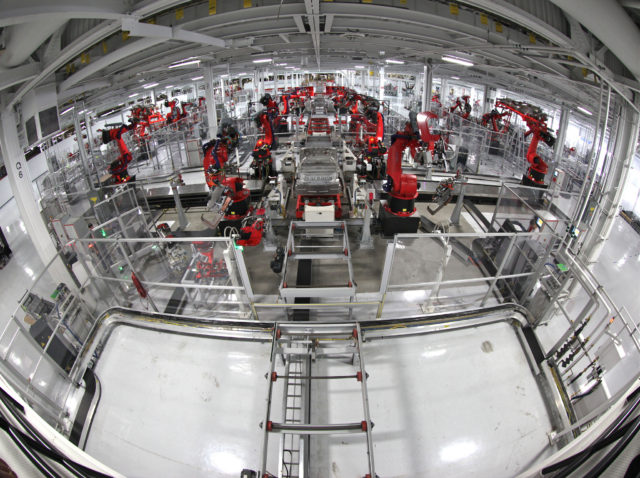Fewer decent-paid jobs and the need for basic income
As we install more machines that replace former high-level work, we’re seeing fewer decent-paid jobs and the need for universal basic income.

I felt terrible about the consequences of my work. I felt angry with my boss who knew exactly what would happen. He had made me the unwitting messenger of bad news. I never found out the consequences, but we’ve all heard countless stories like this.
We are building and bringing to market machines that perform what were formerly:
- high-level executive functions (e.g., financial and legal advice); and
- “job-safe” manual labor (industrial and service robots).
I believe we are at a tipping point where the unexamined assumption that there will somehow always be enough paid work for people is breaking down.
Our children have a much harder time landing a “good job” unless they have an ever-shrinking set of high-level, constantly shifting skills.
It’s time to face an unpleasant reality. The notion that there will be enough paid jobs to allow workers to make a decent living may no longer be sustainable.
We need to seriously consider implementing universal basic income before we end up in a world where a tiny elite is paid for work and the rest has nothing to do and no income.
[Written after reading the New York Times article Robocalypse Now? Central Bankers Argue Whether Automation Will Kill Jobs.]
Photo attribution: Flickr user jurvetson
